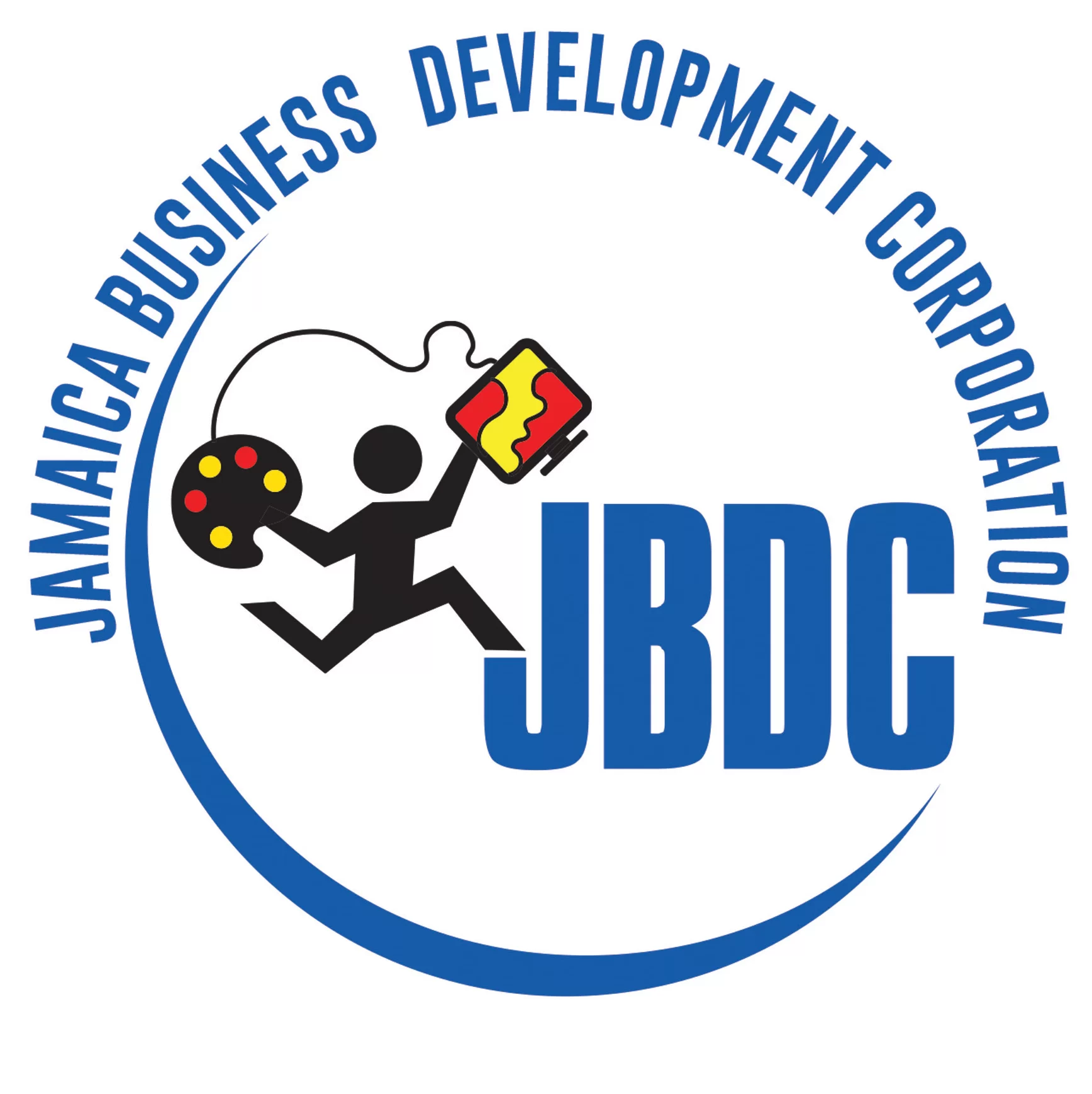Food safety is not merely a legal requirement, it’s a crucial aspect that directly impacts the success, reputation, and sustainability of any food related business. Top food brands did not acquire customer’s trust and loyalty by just their amazing marketing strategy. These companies, ‘put their money where their mouth is’, by implementing Food Safety Management Systems (FSMS) to guarantee customer safety.
Treanna Lindo, Agro-Industry Cluster Supervisor at the Jamaica Business Development Corporation’s (JBDC) Incubator & Resource Centre (IRC) defines Food Safety Management System as, “A set of written procedures developed by operators of food establishments to ensure that the food it prepares is safe to eat and will not cause food borne illnesses”.
Producing top quality goods and services is of paramount importance to any business, but a huge part of quality is safety. This is done by controlling food safety hazards throughout the steps in manufacturing. Safety in the food processing industry means implementing Quality Assurance protocols that include Good Manufacturing Practices (GMP) in the production process to ensure the end product is safe, wholesome, and meets the highest quality standards. GMP, Treanna says, can be considered as the, “Building blocks of FSMS”. GMPs are best practices that will ensure products that are manufactured, consistently to meet quality standards.
In this Entrepreneur Weekly, we will explore why Food Safety Management Systems are vital to businesses and how they play a pivotal role in ensuring the well-being of consumers and the long-term prosperity of companies.

Benefits of Food Safety Management Systems (FSMS)
Treanna, who supervises the Agro-processing Incubator at the JBDC’s IRC shared some of the benefits of implementing FSMS and adhering to GMPs. A major benefit, the Production and Food Systems expert says, is to safeguard consumer health. Lindo says this system, “gives customers the assurance that their food is always safe.” Contaminated or mishandled food products can lead to foodborne illnesses, causing serious health issues for consumers. Such incidents can lead to a severe loss of trust, damage the brand’s reputation, and potentially result in legal consequences. By adhering to rigorous food safety protocols and practices, you can mitigate these risks.
An effective Quality Assurance protocol is the Hazard Analysis Critical Control Points (HACCP). This is an internationally recognised method of identifying and managing food safety related risk and, when central to an active FSMS, can provide your customers, the public, and regulatory agencies assurance that a food safety programme is well managed.
By implementing Food Safety Management Systems, Treanna says, “You provide assurance to regulatory bodies that your business is compliant.” The Jamaica’s food industry is heavily regulated by local and international standards to ensure that food products meet specific safety standards. Non-compliance with these regulations can result in hefty fines, product recalls, and even closure of the business. A comprehensive food safety management system helps businesses stay in compliance with these regulations and industry standards. It facilitates regular inspections, record-keeping, and proper documentation, all of which are essential for meeting legal requirements and demonstrating due diligence.
Certain local legislature that seeks to protect consumers are:
- The Standards Act
- The Food Storage & Prevention of Infestation Act
- The Food & Drugs Act the Public Health Act

Treanna emphasises the importance of FSMS for exporters. For manufacturers who intend to tap into the international market, “FSMS offers the importer guarantee that the food product they are receiving was produced at a high standard and is essentially safe for consumers. In some cases, some FSMS are mandatory to implement especially when producing certain types of food products,” she said.
International regulatory bodies such as the International Organization for Standardization (ISO), offers certification under the ISO22000 for food manufacturers and provides a layer of reassurance within the global food supply chain, helping products cross borders and bringing people food that they can trust. Acquiring this certification makes it easier for manufacturers who want to enter the international markets. This certification is managed locally by the National Certification Body of Jamaica (NCBJ).
Continuing, Treanna says that a well-structured food safety management system helps to, “Improve productivity and efficiency of teamwork between employees”, as it streamlines operations and reduces the likelihood of errors, accidents, and product recalls. By adhering to standardised protocols, businesses can identify potential risks in the production process, from sourcing raw materials to storage and distribution. This proactive approach enables them to implement preventive measures, identify inefficiencies, and continuously improve their processes, resulting in increased operational efficiency and reduced costs.
The JBDC’s Incubator & Resource Centre
Treanna Lindo plays an integral role in the operation of the Agro-processing Incubator at the JBDC’s Incubator &Resource Centre. As the Agro-Industry Cluster Supervisor, she assists clients with developing top tier food products and ensures that these meet local and international standards for sale. Through partnerships with regulatory bodies like the Bureau of Standards (BSJ), and an ISO22000 certification under way, the JBDC Technical Services division will help you place products on the market in top form.
But what if you need FSMS in your facility? The Technical Services team at the IRC will visit your facility and conduct an assessment and provide recommendations to ensure alignment to industry standards.
Let us Help You! Visit https://www.jbdc.net/services/technical-services/ to get started.

Author










